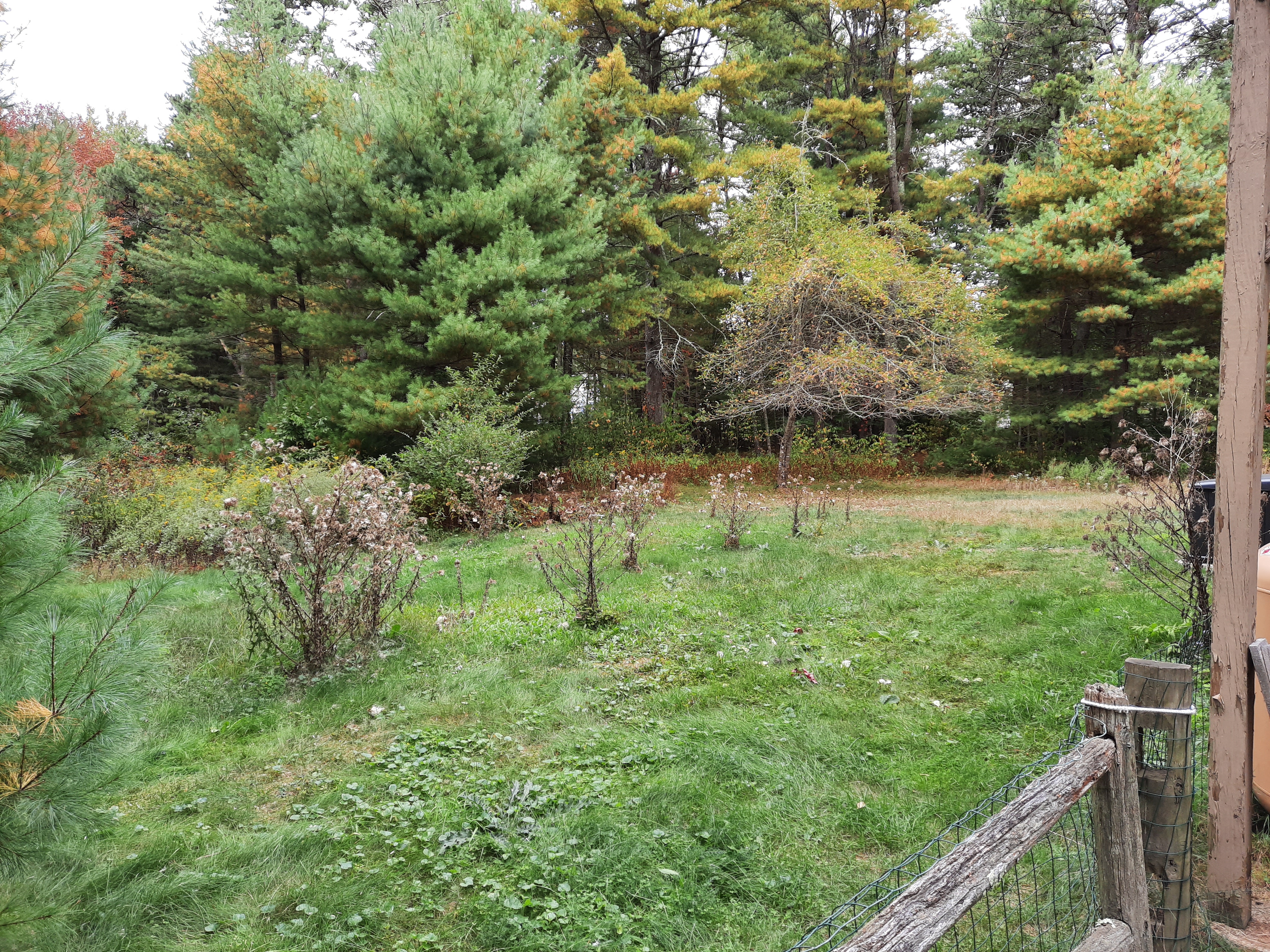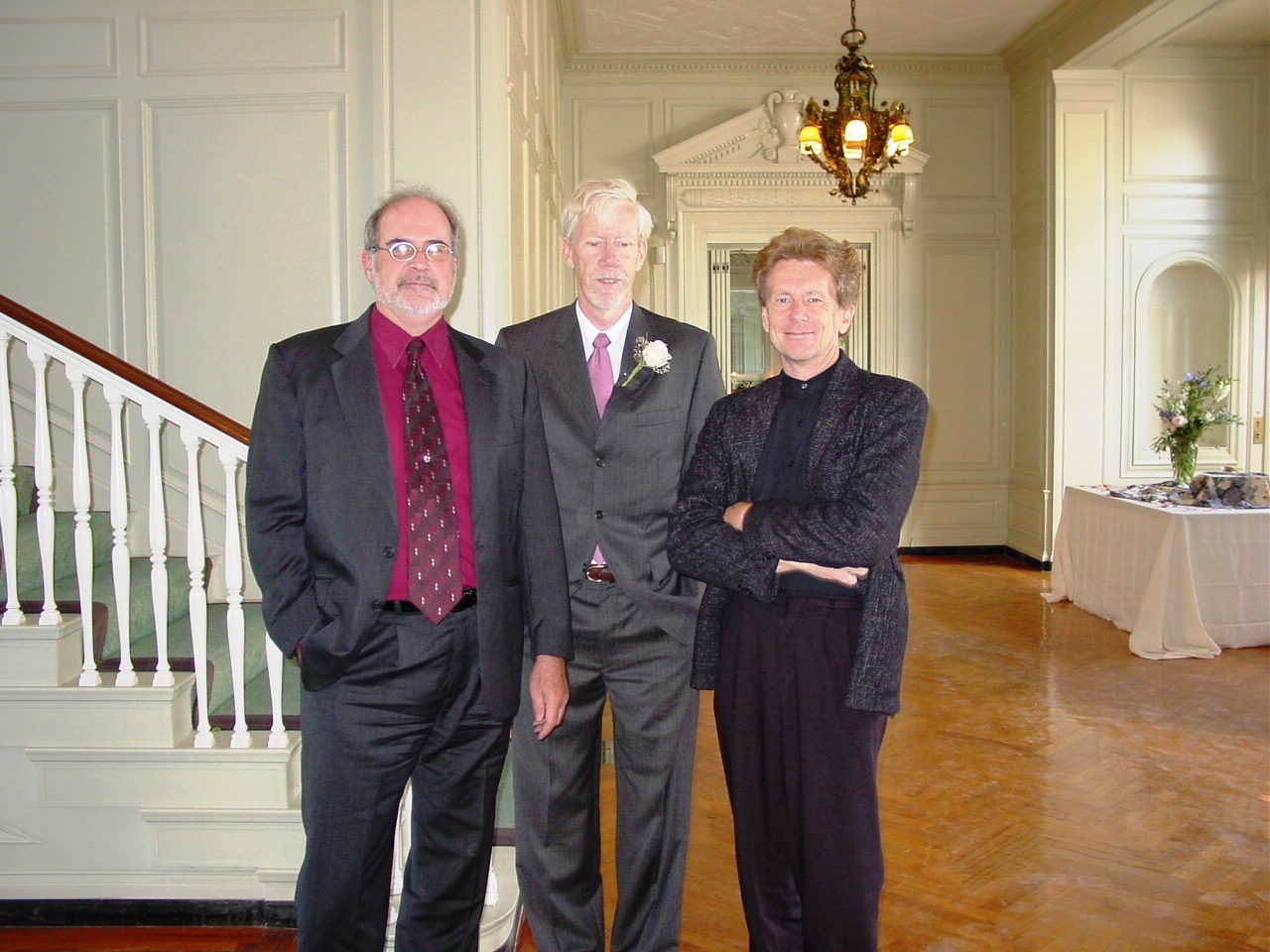Welcome to the Wakefield Doctrine (the theory of clarks, scotts and rogers)
While I do have a Six Sentence Story to complete, I want to write one more ‘new Reader’ post. (That this decision warrants mention in the opening line is, I fear, more a reflection on how much I’ve ‘slowed down’ than of my busy writing schedule.) The thing about (writing) Wakefield Doctrine posts is that is still, at this point, eleven years and 2200 posts later, an activity that returns more than it takes.
Jael is our honorary ‘New Reader’ and, evidenced by her comments on the last two, three posts, she has the basic principles down enough to sense that this thing might not be a horrible addition to her reality. (As opposed to: folded-back-on-themselves-bobby-pins-constructed-by-6th-grade-scotts-to-use-on-classmates, overhearing-parental-discussions-of-which-relatives-would-get-which-child-without-hearing-they-were-talking-about-cousins-not-you and …dentist visits. lol)
I confess that in the last couple of days, as I run already-written ‘This is the Wakefield Doctrine’ posts through my mind, I’ve considered going into the archives and re-posting a couple of ‘the really good ones’. (Who’s a clark? lol) (This provides a hint at one of the ways we resist self-improving ourselfs, but that’d be a whole ‘nother post.)
The Wakefield Doctrine is more about the relationship of the individual to the world around them than it is about favorite colors, likes/dislikes, talents and weaknesses. That said, It does not hurt to read about the distinguishing characteristics of the three worldview, in fact, that’s where the fun is:
- clarks(Outsider) born curious, clarks remain on the hunt for the new, novel and unknown for the entirety of their lives, they are looking for the facts/information/secret-handshake that clearly everyone around them was taught, clarks are the only one of the three to wake up in the morning with the sense that the world was out there and they needed to make their way carefully, lest they be discovered. clarks are the truly creative (of the three), which doesn’t help finish up the search for the missing piece, now does it? …limitless possibility can be a curse as much a blessing
- scotts(Predator) to jump around our description of the three types, scotts are the easiest of the three to identify. never at rest, mercurial (think Joe Pesci in …well, in any movie), scotts are fearless and they are impulsive, as a result they tend to be heroes and the cause of 90% of the emergency room visits in your local hospital, scotts are confident to a fault and make excellent leaders… they may be wrong but they’re never uncertain and….and their eyes. Easiest way to spot this personality type in that they are never not paying attention, they are always aware of what and who is going on around them… try not to sneak up on them
- roger(Herd Member) live in an orderly, if not neat world. In a sense, they are the opposite of clarks, they belong…. doesn’t matter to whom or what, they belong and that is the linch pin to their reality, they live in a world where there is a Right Way and a lot of other ways and it is their duty to discover and share the Right Way. The universe is quantifiable and that is the beauty of things, it all makes sense if you just appreciate the Rules. rogers make for excellent: accountants, scientists, lawyers (prosecutors not defense), chefs, over-bearing nannies and fire fighters
oh, yeah, a couple of other pointers about the Doctrine overall:
- the Wakefield Doctrine is gender neutral. There are no special types simply because they are male or female
- the Wakefield Doctrine is culture neutral (see the part above about how this is all about relationships)
- there is something called ‘the Everything Rule’ which states ‘Everyone does everything, at one time or another’ reminding us that the three personality types are distinguished by how a thing/activity/interest/hobby manifests in an individual’s world, there’s no such thing as ‘thats something only clarks/scotts/rogers do’
- the Wakefield Doctrine is for you, not them. The insights do not comprise club-shaped mirrors, (“Oh, honey? I found this personality quiz in the newspaper/on-a-site and they have you down to a T.” )
- clarks think, scotts act and rogers feel
- The Wakefield Doctrine is a remarkable perspective on the world and the people who make it up and, used with sufficient skill and diligence, you can know more about the other person than they know themselves. Yet, it is not a transferrable wisdom, aka you can’t use the Wakefield Doctrine to change another person.
Ok, enough for a Wednesday!
#wakefielddoctrine #personality types #clarkscottsrogers









